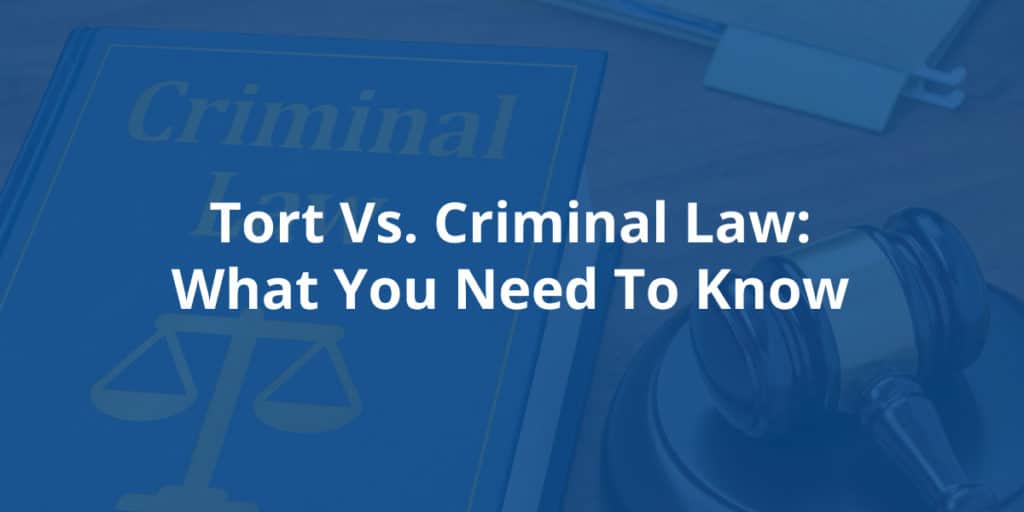
Legal jargon can often be perplexing, leading to misconceptions and confusion, particularly when it comes to distinguishing between torts and crimes. These terms are frequently misunderstood and wrongly interchanged with one another. However, by delving into the basics of each field of law, we can gain clarity on the disparities between torts and crimes. In this article, we aim to set the record straight and provide you with a comprehensive understanding of both legal domains.
A tort refers to a breach of an individual’s civil rights, where one party’s negligence directly causes harm to another person or their property. Various types of torts exist, but all of them lead to personal injury or property damage.
Negligence stands as the primary cause of most torts, although there are significant differences between unintentional and intentional torts. Unintentional torts occur when someone sustains injuries due to a defective product or another person’s pet, for instance. On the other hand, intentional torts encompass actions like defamation of character or battery. Injured parties typically file lawsuits against the tortfeasor (the individual responsible for the tort) to seek compensation for damages caused by their negligent behavior.
Intentional torts are often mistaken for crimes since they sometimes align with criminal conduct. However, if an injured individual decides to pursue compensation, the case is presented in a civil court rather than a criminal court, classifying it as a tort. Various examples of torts can be found within the realm of personal injury law, including car accidents, medical malpractice, product liability, workplace accidents, and a multitude of other practice areas.
For instance, if a drunk driver causes bodily harm and property damage to another individual in an accident, the act of drinking and driving constitutes the crime, while the injuries sustained by the victim become the tort.
Torts are deemed illegal due to the following reasons:
Crimes encompass a broad range of offenses that have an impact on society as a whole. They are identified and prosecuted through a state’s legal system, following the laws and procedures of its criminal courts. In many personal injury cases, the injured party is technically viewed as a representation of society, and the criminal laws violated were established to safeguard its members.
Crimes are always tried in criminal courts, and the punishment is determined according to the framework defined by the state’s criminal laws. Criminal acts defy the laws enacted to maintain peace and protect the welfare of all individuals.
Crimes are considered illegal due to the following reasons:
As seasoned injury and accident attorneys in Silver Spring, Bowie, College Park, Landover, and Upper Marlboro, we have gained expertise in personal injury law throughout our combined decades
We understand how difficult it can be to determine your best course of legal action when you’re involved in an accident of any kind, which is why our personal injury attorneys always offer free consultations so you can provide us with the details of your case and we can begin taking the necessary first steps towards legal recourse.
So contact us at our Silver Spring or Baltimore offices today to see how we can help you or your loved ones receive the compensation you rightfully deserve!
Filed Under: